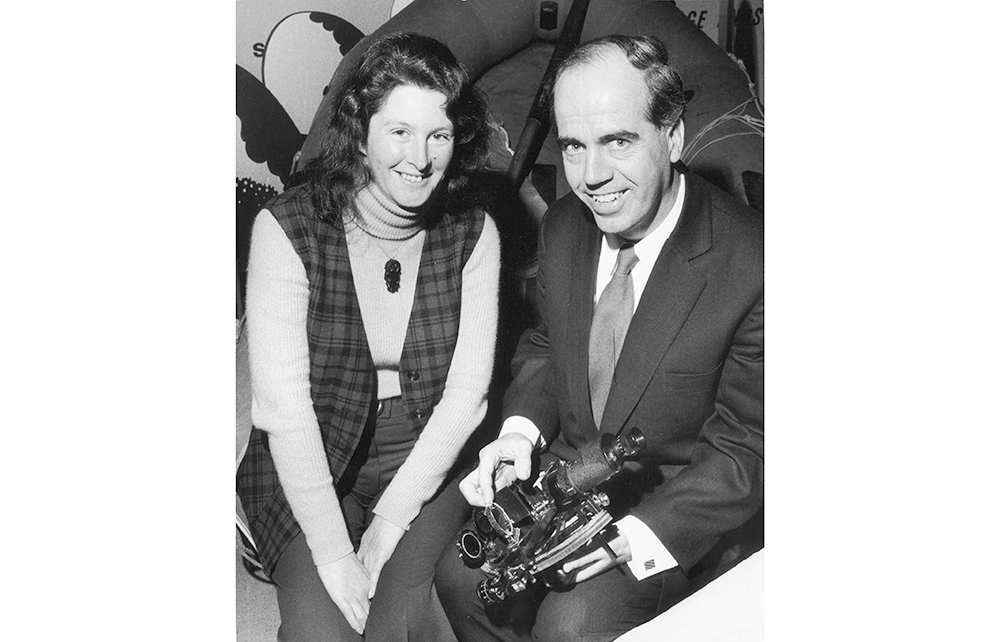It is every writer’s dream to glimpse, peeping out from behind a news story or feature, the contours of a book. Brian Masters was eating his breakfast on 12 February 1983 when he read in the morning papers reports of the arrest of a mildly spoken Jobcentre employee accused of strangling a number of men with whose flesh he had blocked the drains in his flat in Muswell Hill. Masters wrote to Dennis Nilsen. Nilsen wrote back: ‘Dear Mr Masters, I pass the burden of my life on to your shoulders.’ After Nilsen had filled 50 prison notebooks, Masters embarked on Killing for Company, surely the grisliest yet most poignant biography of a serial killer ever written.
It was a differently horrific story that set Sophie Elmhirst to work on this superb debut, which has won advance praise from, among others, Colin Thubron, a rare puffer. During the pandemic, mid-lockdown, while researching a feature about people who chose to live on water, Elmhirst chanced on the story of Maurice and Maralyn Bailey, a British couple who, in 1973, spent 118-and-one-third days on a raft in the Pacific. The British Library and British Newspaper Archive were stuffed with reports of their shipwreck, and very quickly Elmhirst’s feature was bursting its banks to become a book.
Suddenly the air was riven with a sound like the reportfrom an ogre’s shotgun
At its heart, this is a beauty-and-the-beast love story. Maurice Bailey grew up with a stutter and a hunched back, both exacerbated by his contracting childhood TB before there was a cure. As soon as he was able, he detached himself from his family. When his mother died, he skipped the funeral. He escaped into science, burying himself in books about the origins of the universe and natural selection. But he was miserable. ‘Like all practised self-saboteurs, everything he did seemed only to confirm the abject opinion he already had of himself.







Comments
Join the debate for just £1 a month
Be part of the conversation with other Spectator readers by getting your first three months for £3.
UNLOCK ACCESS Just £1 a monthAlready a subscriber? Log in